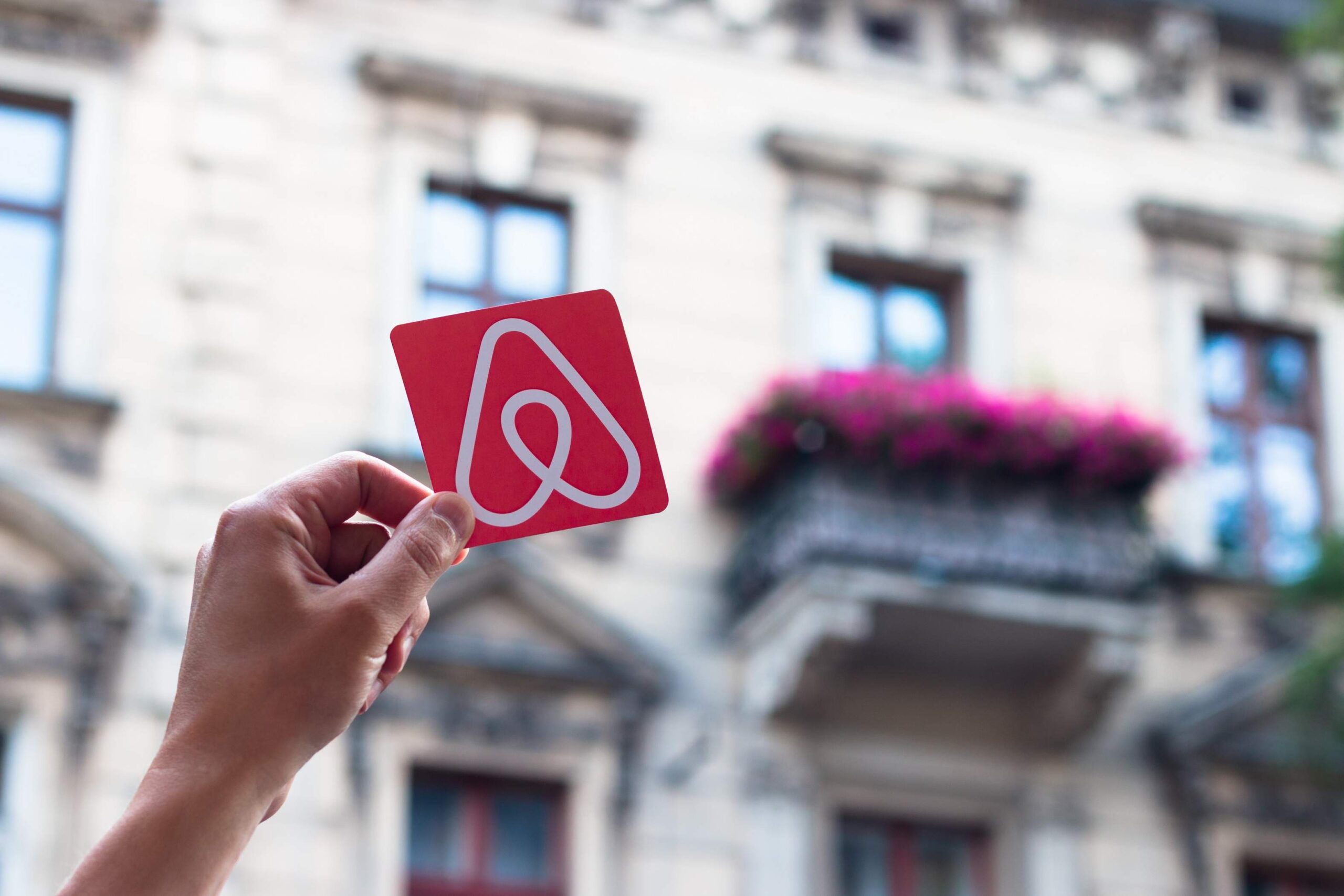
Singapore has announced plans to create a regulatory framework for short-term lets, such as those popularised by the sharing economy startup Airbnb.
Two men were recently charged for the unauthorised letting of accommodation of four apartments this week, the first such prosecution. If found guilty, the two men could be fined nearly $150,000.
As a result, Singapore’s Urban Redevelopment Authority (URA) said it will review and consider safeguards so that short-term letting does not affect the “amenity” of residential property. It is going to launch a public consultation which will address creating a framework to allow Airbnb-type accommodation in private homes.
At the moment, laws in the city-state dictate that private homes are subject to a minimum stay of three consecutive months.
The URA said it has investigated 750 cases of authorised short-term accommodation in Singapore this year alone.
In the past, Singapore has been very positive about the growth of the sharing economy. At an event earlier this year, Lui Feng-Yuan, director of the Singaporean government’s technology agency’s data science division, said:

US Tariffs are shifting - will you react or anticipate?
Don’t let policy changes catch you off guard. Stay proactive with real-time data and expert analysis.
By GlobalData“From a public good point of view, we’re really keen on encouraging these technologies. The sharing economy is about better utilisation, better sharing and better services for people.”
However, in February the city-state brought in tighter rules to regulate a major proponent of the sharing economy, the ride-sharing startup Uber. The new regulation gives power to officials to suspend a ride-sharing company if there are three or more instances of their drivers caught without a license or insurance.
This sent ripples through sharing economy startups, concerned that the tide was turning against them
The Singapore sharing economy crackdown is the latest in a spate of cities
Airbnb has been forced to impose new regulation on people using the service in Paris. From 1 January 2018, short-term rentals in the city are going to be limited to only 120 nights per year.
This was following the Digital Republic Law, introduced by the French government in October, to ensure sustainable tourism in the city.
In addition, earlier this year Barcelona announced it was cracking down on Airbnb. The city fined the startup over $700,000 for advertising unlicensed flats on the platform in 2016.
The Barcelona councillor responsible for housing, Janet Sanz, told The Guardian:
“Our attitude is zero tolerance. We will do everything we can to guarantee the right to housing in the city. What these people have to understand is that Barcelona exists for its people. The priority is that it’s a place to live.”
Barcelona is also one of the cities to have banned Uber from its streets.







